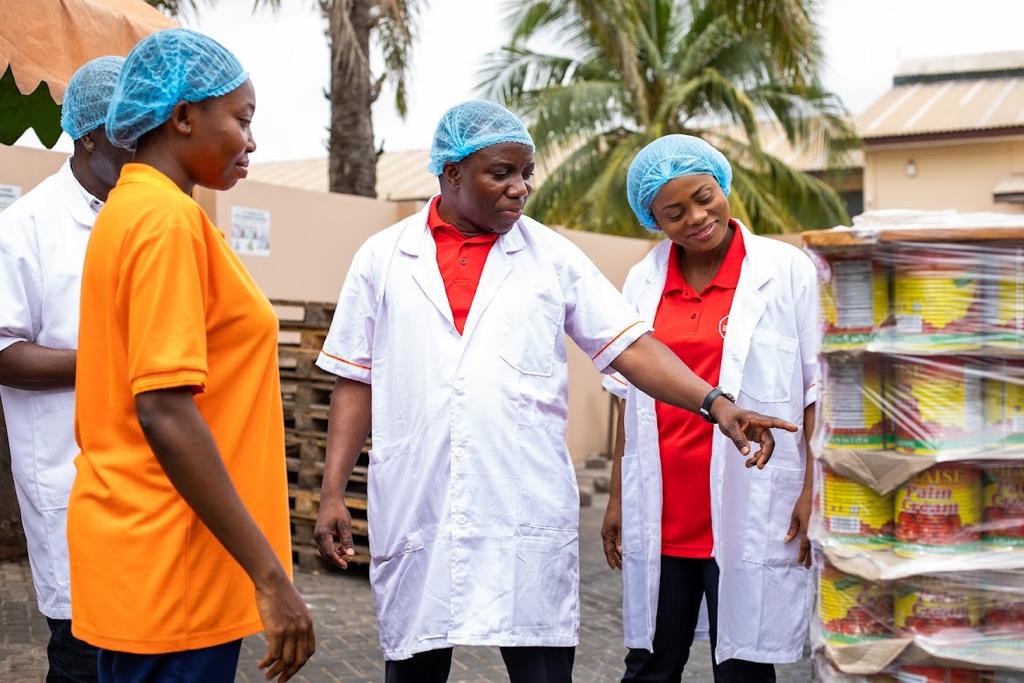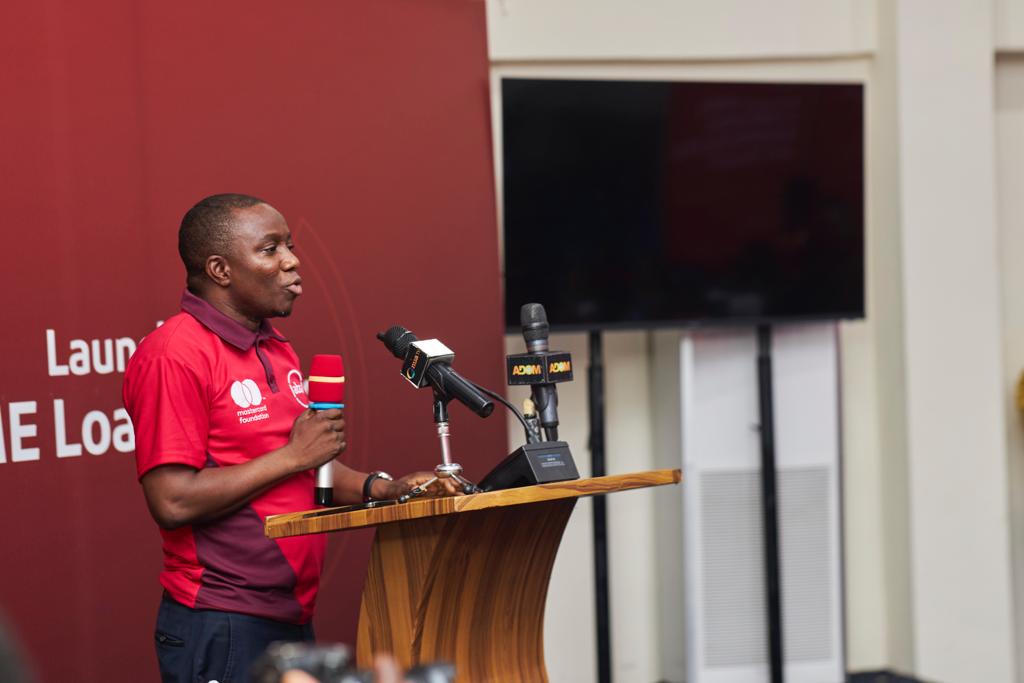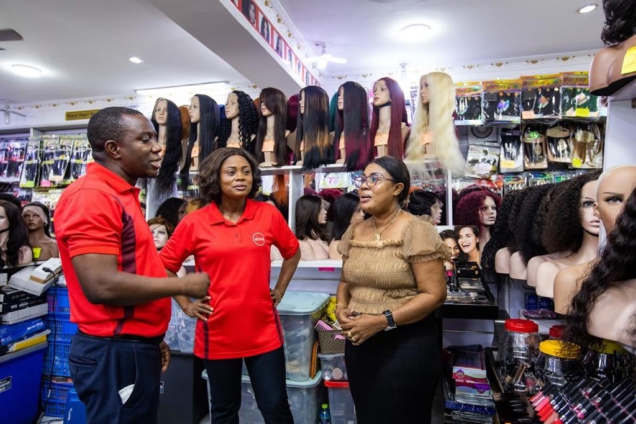Ghana and Africa's ability to put its people, especially the youth, to work and to create an inclusive, progressive economy, depends significantly on the growth of small and medium enterprises (SMEs).
This is a known fact. But how to fuel the sustainable growth of SMEs is the running task that various stakeholders have been working on over the years. Research shows that SMEs present a higher business risk compared to other businesses. Conventional finance and economic theory suggest that higher risk needs to be compensated by higher returns (higher pricing). This brings to the fore a development finance conundrum: How do financial institutions provide funding to SMEs that can least afford risk-adjusted pricing?

To address the challenge, banks, governments, and other development partners have, over the last two decades, implemented several interventions to bring financing of SMEs into mainstream support with mixed results. In my experience, there remains work to be done in product/process innovation, further regulatory enablement of SME financing and elevating the social and developmental angle of SME funding in the corridors of private capital.
Absa Bank Ghana has been on a journey over the last half a decade to design and offer a bouquet of solutions that truly and fully offer the help that SMEs need to survive and thrive. I am happy to announce that two unprecedented and groundbreaking products in our SME banking portfolio have arrived, taking our offering and support to levels never seen before in Ghana:
The first is an SME loan at 10%.
- Yes, 10%. Recognizing that we need to sacrifice and invest in the future of SMEs, Absa has decided to provide loans to women-led SMEs, youth entrepreneurs, and fintech/agritech businesses at 10%. The call to enable economic recovery, create jobs and support these sectors cannot be achieved if we stick doggedly to conventional market rates of return in all instances. There is a need to sacrifice and deploy incentives in a targeted manner, and we are happy to lead in this direction.
The second is:
- Collateral-free loans up to GHS1,000,000. We have progressed our first-in-market collateral-free loan product to reduce the stress on the customer and deliver funds to successful applicants in record time. Having travelled the length and breadth of Ghana, I acutely understand how the speed of response from banks is important to saving SMEs from penal charges, demurrage at ports, and exorbitant interest rates from non-bank lenders, amongst others. At Absa Bank, we are constantly challenging ourselves to do more to transform these businesses and contribute to Ghana’s socioeconomic growth.

Our partnership with the Mastercard Foundation has also made GH¢2.5 million available to fund early-stage SMEs/Agritech and Fintech startups. These are all part of a concerted effort to elevate our commitment to the key sectors that are critical to Ghana’s economic growth.
I strongly believe that our SME banking proposition is the most compelling and comprehensive in Ghana today. We are ready and eager to support SMEs across the country as they work to grow their businesses, create jobs, and drive the economic development of our nation. To all SMEs, I say call on us. We are here and we are ready to help.
*****
Kobla Nyaletey, Executive Director, Retail and Business Banking, Absa Bank Ghana
Latest Stories
-
Paris 2024: Opening ceremony showcases grandiose celebration of French culture and diversity
3 hours -
How decline of Indian vultures led to 500,000 human deaths
3 hours -
Paris 2024: Ghana rocks ‘fabulous fugu’ at olympics opening ceremony
4 hours -
Trust Hospital faces financial strain with rising debt levels – Auditor-General’s report
4 hours -
Electrochem lease: Allocate portions of land to Songor people – Resident demand
4 hours -
82 widows receive financial aid from Chayil Foundation
5 hours -
The silent struggles: Female journalists grapple with Ghana’s high cost of living
5 hours -
BoG yet to make any payment to Service Ghana Auto Group
5 hours -
‘Crushed Young’: The Multimedia Group, JL Properties surprise accident victim’s family with fully-furnished apartment
5 hours -
Asante Kotoko needs structure that would outlive any administration – Opoku Nti
6 hours -
JoyNews exposé on Customs officials demanding bribes airs on July 29
6 hours -
JoyNews Impact Maker Awardee ships first consignment of honey from Kwahu Afram Plains
7 hours -
Joint committee under fire over report on salt mining lease granted Electrochem
7 hours -
Life Lounge with Edem Knight-Tay: Don’t be beaten the third time
8 hours -
Pro-NPP group launched to help ‘Break the 8’
8 hours

